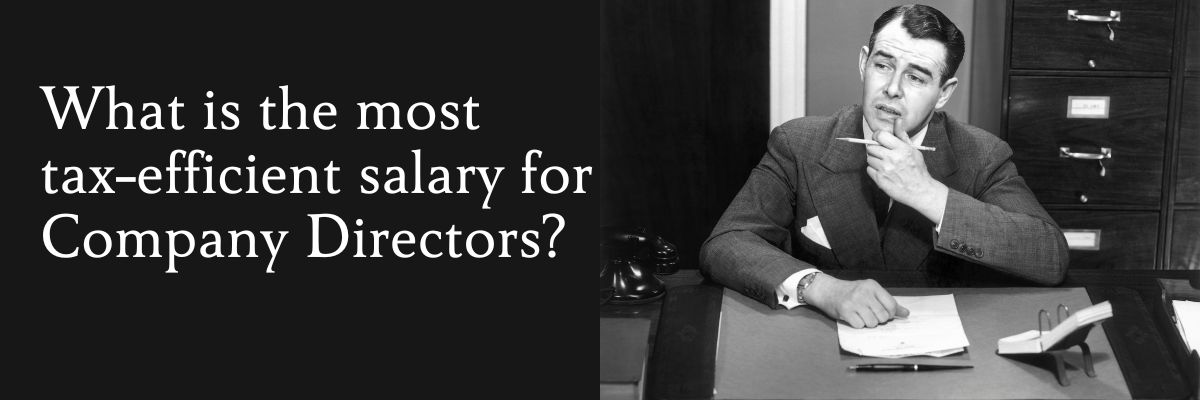Profit Extraction – salary, dividends or both?

Should I take a salary or dividends or both? This is a recurring question asked by Company Directors. However, as is often the case, the answer depends on a variety of factors.
These include:
- the level of profits
- if you have other sources of income such as pensions
- whether the company is eligible for the Employment Allowance
- the number of directors in the company, and
- your income tax band.
For those in the fortunate position of not needing to fund their immediate living expenses, a third option of extracting profits via an employer pension fund is also worth serious consideration.
In most cases, the best option for those needing to extract funds from a business for living costs is to combine a small salary with some dividends. The reason being is that by paying yourself a small salary, you can make use of your personal tax free allowance and incur little or no National Insurance Contributions (NIC). In addition your salary is a tax-deductible business expense for your company. And, as long as your salary is above the Lower Earnings Level (currently £533/month), you will qualify for state pension and other NIC benefits.
Once you take a certain level of profits as salary it will be more tax-efficient to take the remainder as dividends because of different tax rules. Dividends are payments made to shareholders from company profits. The ‘sweet spot’, where you switch from salary to dividends, will vary.
An additional complication for working out your optimal salary for the 2022/23 tax year is the springtime announcement by the-then Chancellor of an increase in the primary threshold for Class 1 NICs. From 6 July 2022, the threshold at which employee NIC is payable rose from £9,880 to £12,570. Limited company directors have an annual pay period for NIC. This means that for 2022/23, three months will be at the lower threshold and nine months will be at the higher threshold giving an annual primary threshold of £11,908 for the year. The secondary threshold, where employers NIC is payable, remains at £9,100.
So is it better for a Company Director to take a salary at the secondary threshold of £9,100 or at the increased primary threshold of £11,908? Again, the answer varies. A key factor is whether the Employment Allowance (EA) is available to the company. EA is an annual tax allowance that offsets some of an employers’ NI liability. For 2022/23 it was raised from £4,000 to £5,000 for qualifying businesses. Eligibility requirements include:
- having a total Class 1 NI liability below £100,000 in the 2021/22 tax year, and
- having at least two employees on payroll that earn above the secondary threshold.
So, for a company with more than one employee or director that qualifies for the Employment Allowance it might be more tax efficient for directors to take a higher basic salary.
These things are never straightforward and the optimum salary will vary from individual to individual. For the 2022/23 tax year, the cost of living crisis and the rapidly changing political landscape means that there is even more to consider than ever. Greaves West & Ayre’s team of financial experts can provide you with up-to-date advice on personal and corporation tax, business structure, profit extraction, pensions and investments.
Please get in touch and we’ll help you understand the most tax-efficient way for you to take your hard-earned money from your business.


